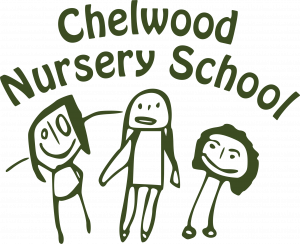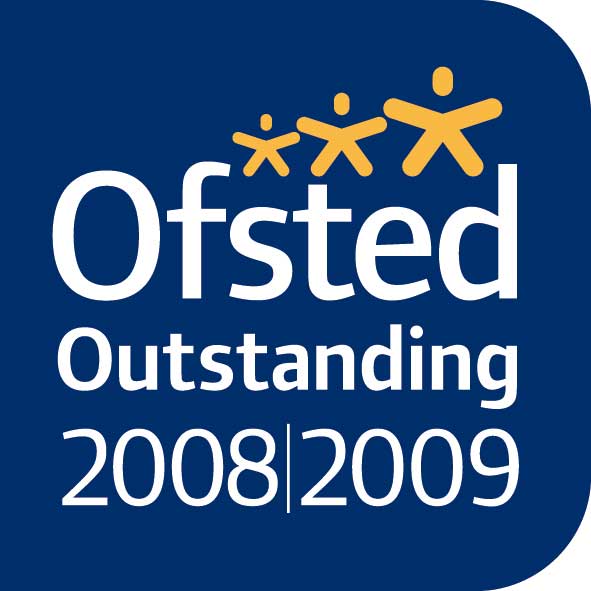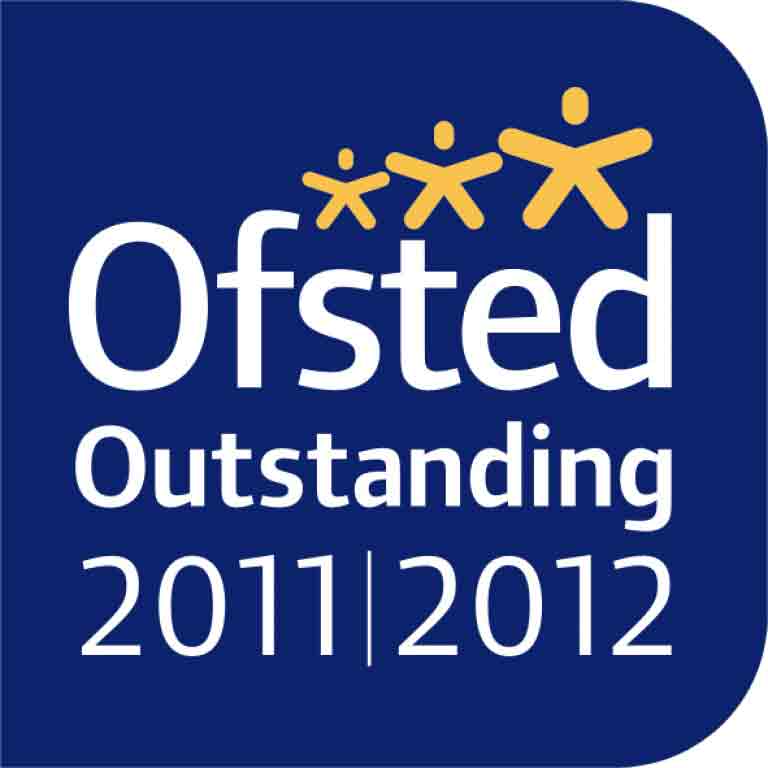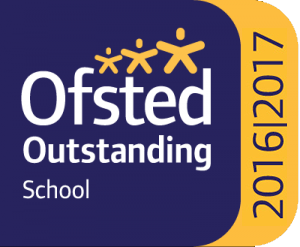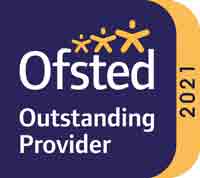Our curriculum
Planning the curriculum at Chelwood
In each class, the class teachers leads the team in planning the curriculum around the needs and interests of the children with close reference to the Early Years Foundation Stage (EYFS).
The EYFS is organises the curriculum into PRIME and SPECIFIC areas with the Prime areas forming the foundation of all learning that follows.
The PRIME areas of learning are:
Personal Social and Emotional Development
Physical Development
Communication and Language Development
The SPECIFIC areas of learning are:
· Mathematical development
· Literacy
· Understanding of the World
· Expressive Arts and Design
Plans usually last for half a term (approximately six weeks). Each class also plans for a story and music theme, and a focus for the Show and Tell sessions, for the week. Every evening the class teams plan the activities for the following day with reference to the
half term plan and their observations of the children’s needs and interests.
All plans are subject to change as they follow the children’s needs and interests and thus provide a personalised curriculum.
Personal, social and emotional
Emotional development
We aim to help all the children become more adaptable and confident. To believe in themselves and their own abilities and to develop an ‘I can do it’ attitude. We know that high self-esteem and the creation of a good “self picture” within the children is a very important key to success. We know that the relationship we build with you and your child is an essential part of this and this is why every family is allocated a Key-person, who will work closely with you to ensure that our Curriculum is tailored to meet the needs of your child.
Social development
This is a very important area. It includes
being socially aware of the needs of others, e.g. sharing and being fair,
reasoning out disagreements rather than using physical measures, co-operating
with others, forming relationships with other children and adults, and helping
to care for plants and animals. The beginnings of independence are
fostered in the children, by encouraging them to cope with their own clothing,
washing and toilet needs. This idea of doing as much as possible by
themselves encourages them to be aware of the needs of others too e.g. an older
or more able child helping a younger less able child. Another aspect of
social development is that the children are encouraged to leave a piece of
equipment, or an activity as they would wish to find it. They are also
encouraged generally to help with the preparation and clearing away of
activities, and everyone helps at “clearing up time”! Children tidy –
adults support!
Communication language and literacy development
In order to support the children’s development in communication language and literacy we plan an environment that is rich in signs, symbols, notices, numbers, words, rhymes music and songs and we provide lots of relaxed time for sustained conversation between adults and children, both in small groups and individually. We ensure that children have time to initiate conversations and we respect their thinking time and silences. Many of our children are learning English as an additional language and we respect and value this, developing the children’s awareness of different languages and different scripts
Physical development
This is a crucial area in your child’s development as many children learn best through physically active play. We plan activities inside and out that will develop your child’s coordination, balance, control and movement. Activities that will raise your child’s confidence and ability to take safe, manageable risks and that will help your child to feel the positive benefits of being healthy and active.
Outside your child will be working on a large scale and will develop confidence in climbing, balancing, running, skipping, manoeuvring and steering etc. They will also develop body co-ordination and spatial awareness. The fine motor skills necessary for controlling tools and manipulating objects are developed through construction toys, cutting, threading, sewing, woodwork and cookery experiences as well as through tactile materials like dough and clay.
